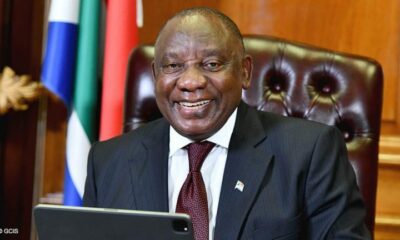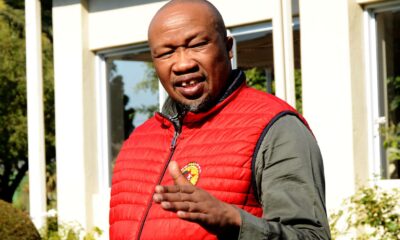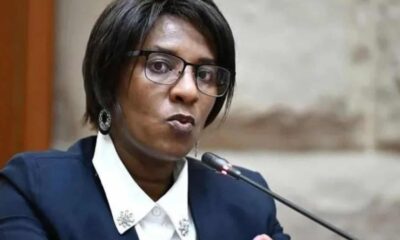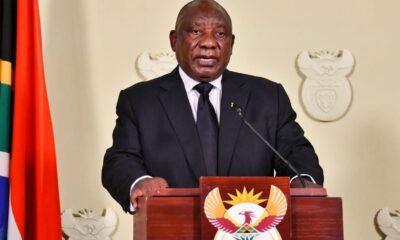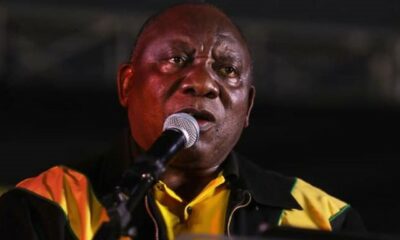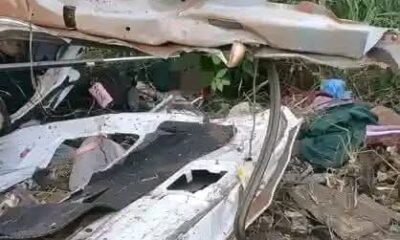News
Ramaphosa Faces Heated Questioning in Parliament: Trade Tariffs, Postbank, and National Dialogue on the Agenda
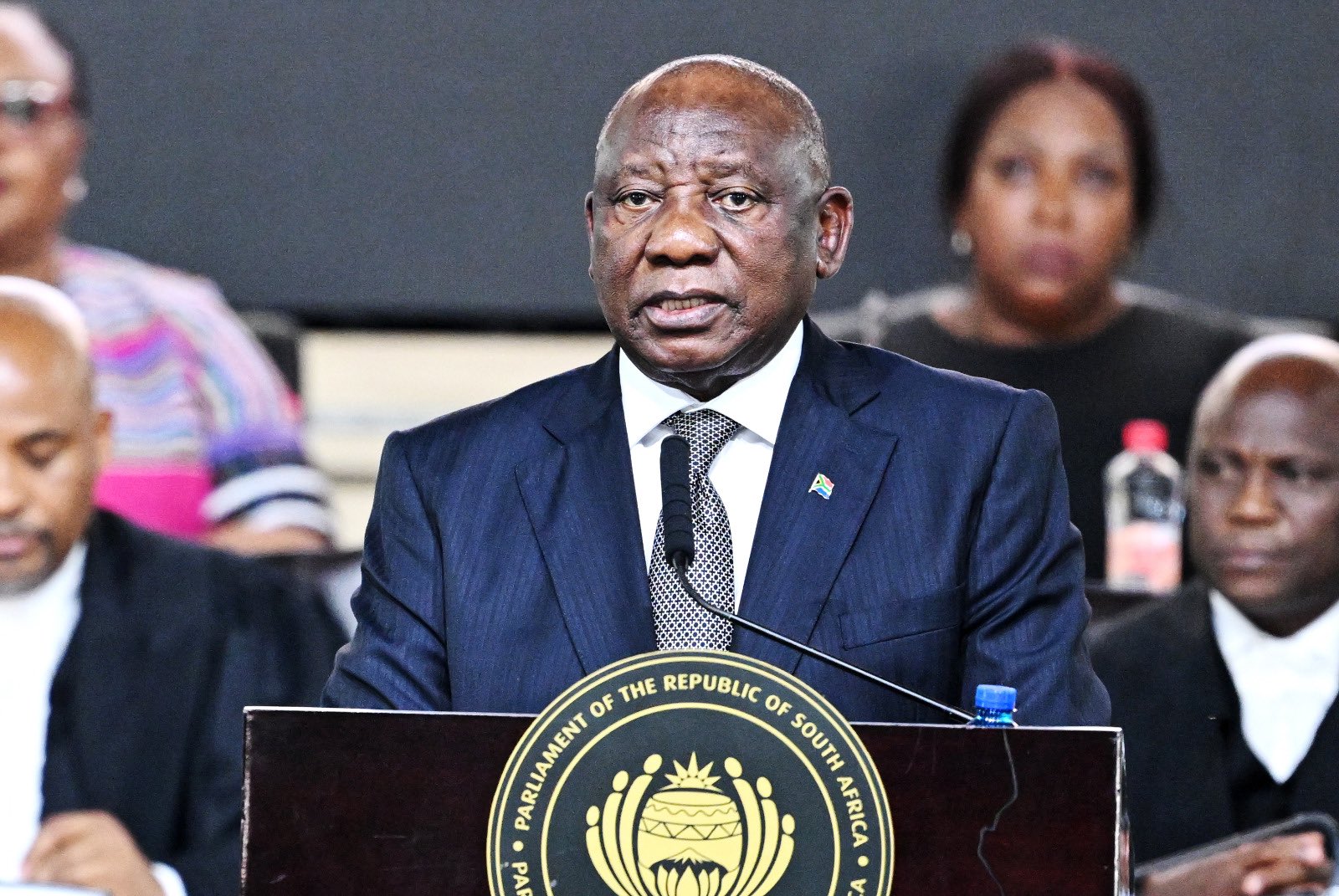
President Cyril Ramaphosa is back in Parliament this week, and he’s walking straight into a political storm. After the mid-year recess, his first quarterly Q&A with MPs promises to be anything but routine, with opposition leaders and ruling party members lining up tough questions that cut across South Africa’s most pressing political and economic headaches.
US trade tariffs top the agenda
One of the sharpest flashpoints is the new United States trade tariffs on South Africasanctions that Ramaphosa himself admitted to fellow BRICS leaders last week are already costing jobs. The tariffs, announced in August, have rattled exporters and sparked concern about the country’s trade relationship with Washington.
Economic Freedom Fighters (EFF) leader Julius Malema has been especially vocal, calling the tariffs “senseless” and pushing Ramaphosa to spell out what they mean for future diplomatic relations with the US. His demand reflects a wider anxiety: can South Africa afford to antagonize one of its biggest trading partners while leaning more heavily on BRICS?
Postbank under the spotlight
Closer to home, the spotlight turns to the ailing Postbank, a state-owned bank that has long been dogged by instability, technical glitches, and questions about its future.
The ANC’s chief whip, Mdumiseni Ntuli, wants Ramaphosa to explain how government plans to support Postbank, especially if it is to become the backbone of South Africa’s long-promised state bank project. For millions of South Africans who depend on Postbank for social grant payments, stability in this institution isn’t just policyit’s survival.
A national dialogue or political theatre?
Another test for the president will be the National Dialogue, which the government has pitched as a platform to tackle the country’s deepest challenges.
The Democratic Alliance (DA) boycotted the dialogue last month, dismissing it as political theatre. Now, DA chief whip George Michalakis is pressing Ramaphosa to clarify whether this initiative is genuinely aimed at economic growth, poverty reduction, and job creation, or simply another talking shop without results.
Foreign policy and G20 leadership
Foreign affairs are also on the table. South Africa is nearing the end of its G20 presidency, a symbolic role meant to showcase its global leadership. But with US President Donald Trump confirming he won’t attend the upcoming Johannesburg summit sending Vice President JD Vance instead, critics say the gathering risks losing clout. Ramaphosa is expected to provide a candid assessment of South Africa’s year at the helm before handing the reins to the US.
A testing week for the Presidency
If this week’s parliamentary session is a test, Ramaphosa is expected to face it with his trademark calm delivery. But beneath the surface, the stakes are high. On trade, banking, and public trust, South Africans are looking for concrete answers.
Later in the week, the pressure won’t ease: Deputy President Paul Mashatile will face his own round of questioning in the National Council of Provinces (NCOP).
For now, though, all eyes are on Ramaphosa. In a Parliament known for fiery exchanges and political theatre, his responses will be closely watched not just by MPs, but by a nation eager for clarity in uncertain times.
{Source: Primedia+}
Follow Joburg ETC on Facebook, Twitter , TikTok and Instagram
For more News in Johannesburg, visit joburgetc.com

